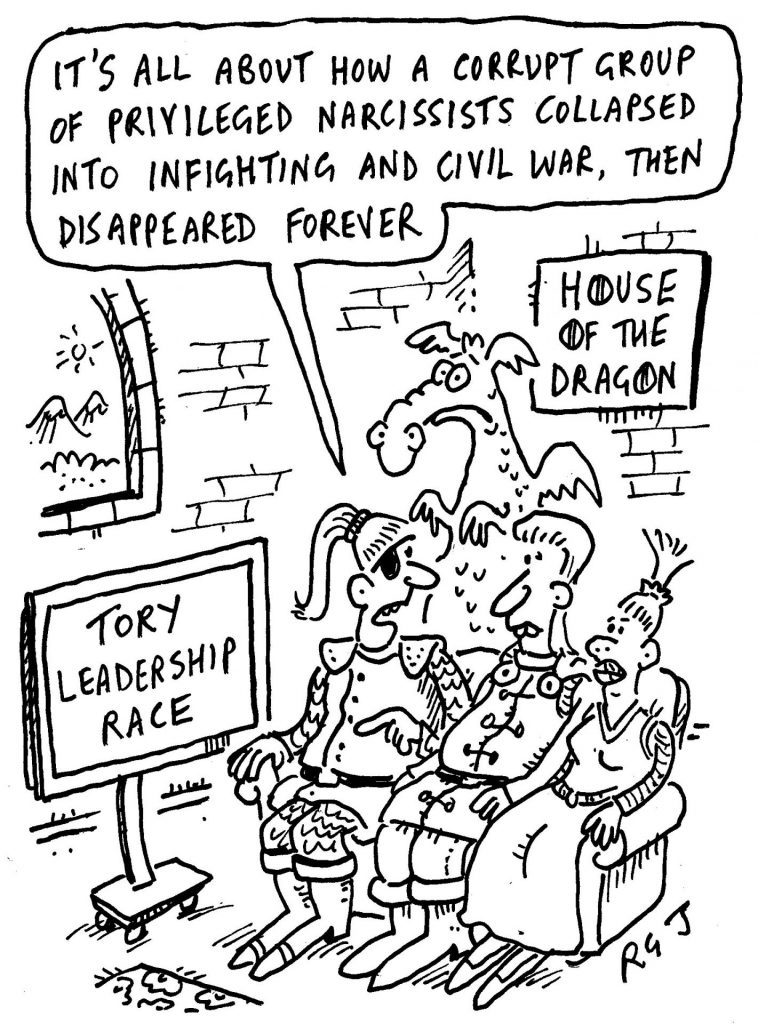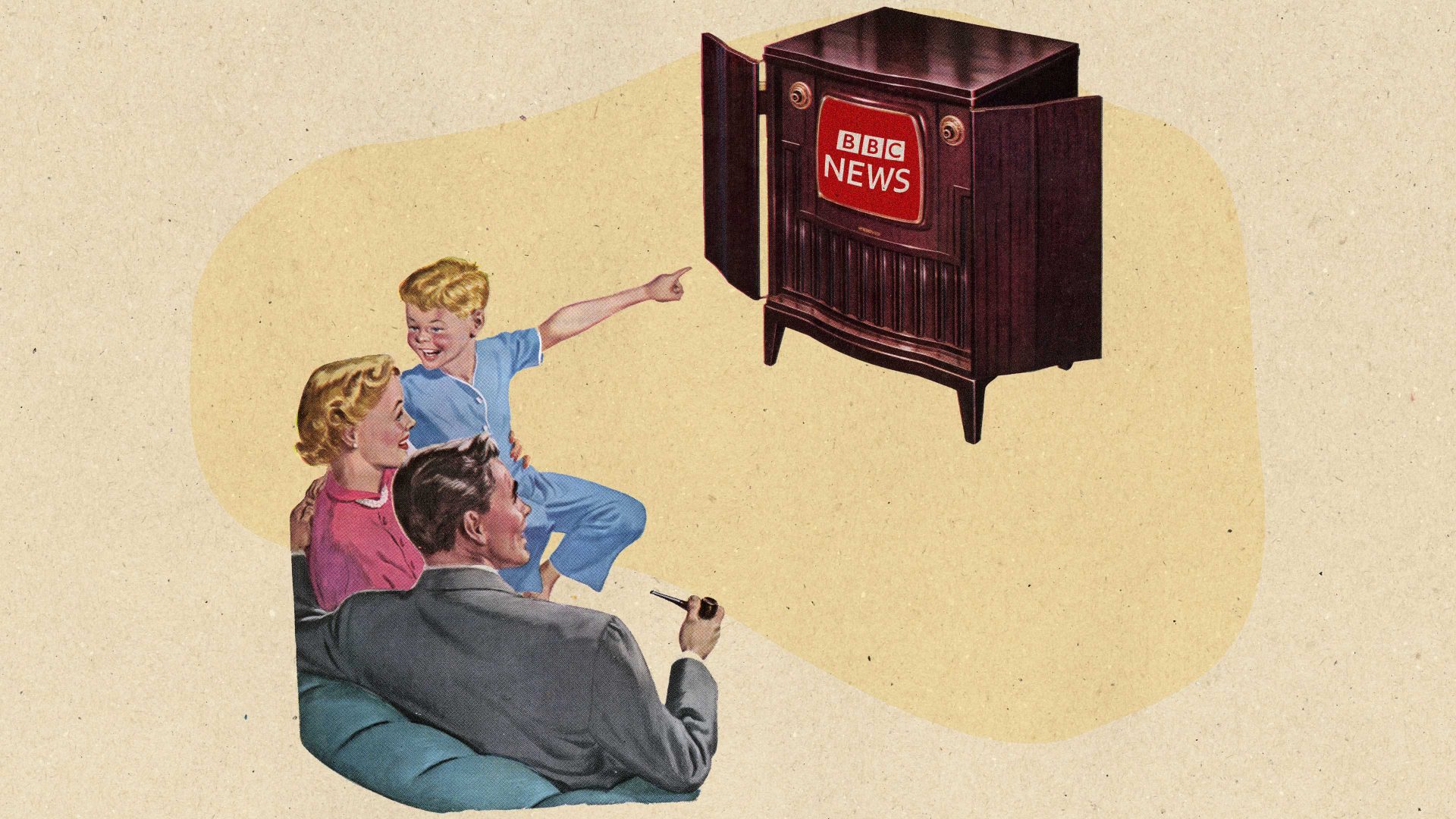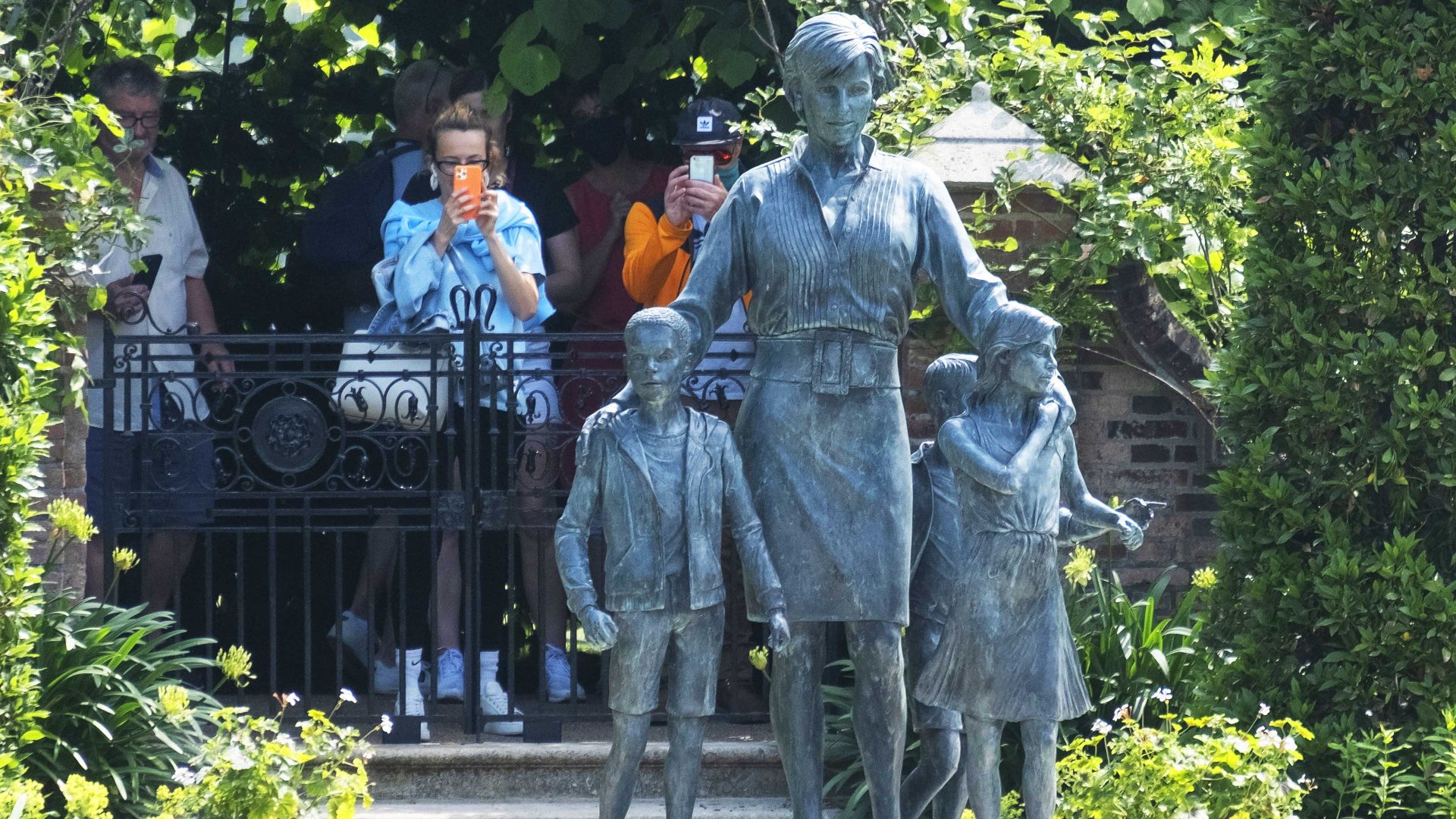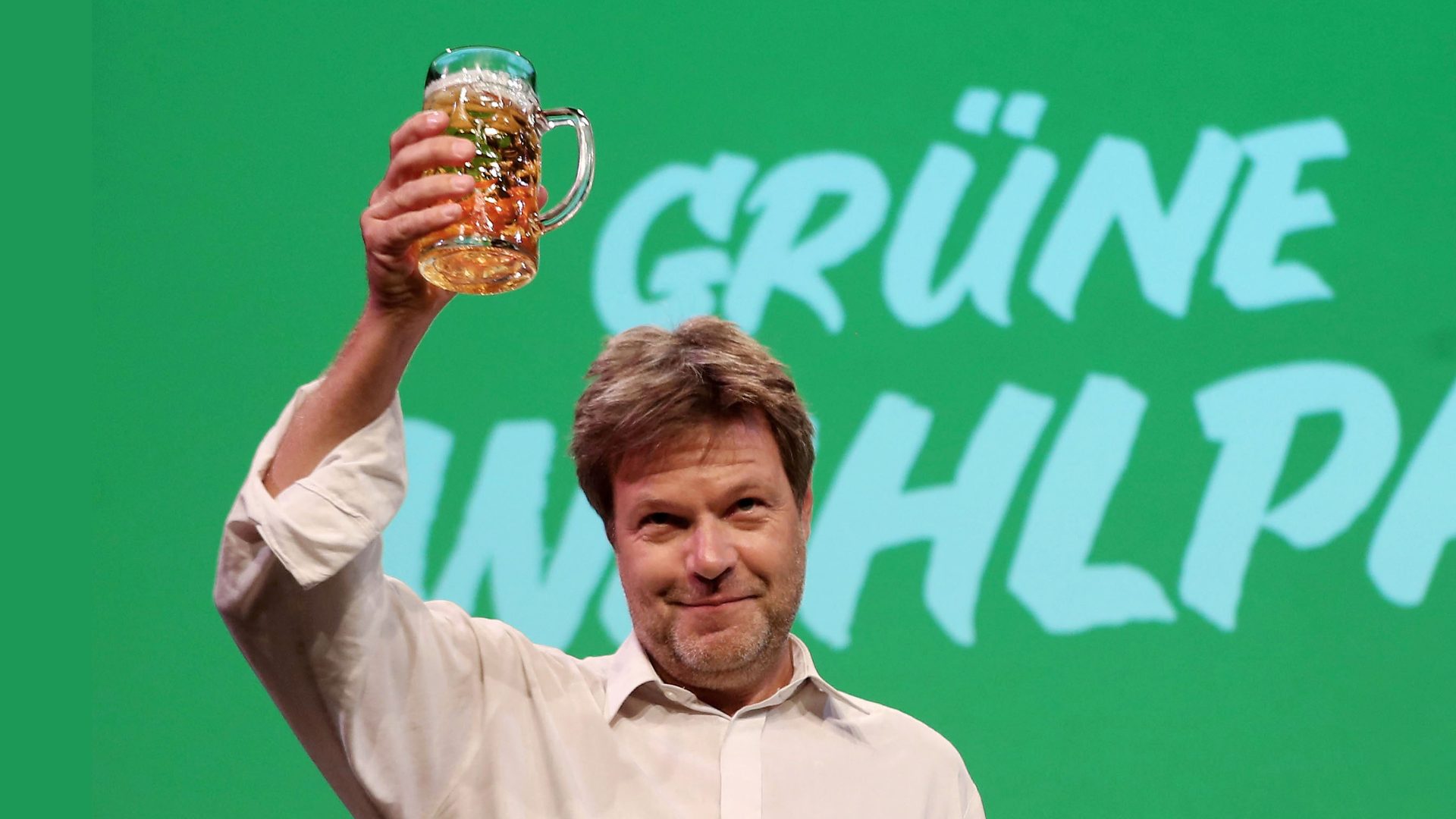Despite the run-ins I had with the BBC in my time in Downing Street, despite my view that they are not nearly robust enough in standing up for themselves against current government threats, and despite them allowing their agenda to be set far too readily by the right wing press, I remain a defender of the Beeb. It is an important part of our national and cultural identity, and of our soft power. But they don’t always make it easy to support them, do they?
Getting the balance right between being the BRITISH Broadcasting Corporation and one of the world’s most recognised media brands is not straightforward. And as any listeners to The Rest Is Politics podcast will know, one of my criticisms of UK media is the paucity of their foreign coverage compared with days gone by, and with foreign competitor channels.
However, it strikes me that in their plans to close BBC World News and the UK-facing News Channel, and replace it next April with a single commercial channel aimed at the overseas market, with an ad-free version in the UK, they are getting the balance wrong.
The numbers of eyeballs on the News Channel – an important factor – are pretty good. They had 21 million pairs of them on the day of the first lockdown, and eight to 10 million weekly in more normal times. The data suggests a more diverse audience than for the main bulletins.
Management is giving assurances that the change does not mean the end of proper coverage of UK news on the single channel replacement of the two. But the example they use in internal messaging to staff to make that claim rather gives the game away.
This from a joint memo from Jess Brammar, news channels’ editor, and Naja Nielsen, digital director: “Many big UK-based stories will run prominently on the proposed main channel. You will have heard us discuss in staff meetings how the resignation of Boris Johnson would have been an ideal story for this new channel – a big unfolding UK story of high drama that was happening in London but had global resonance.”
Stories like that do not happen every day. What about stories in the nations and regions and their devolved parliaments and assemblies, which are unlikely to have such “global resonance”? Or campaigns by domestic charities, trade unions, business groups? As with other global channels, half-hour documentaries are intended as part of the new channel’s coverage, so had it been live during the recent UK transport disruption, you would be more likely to get a documentary on Myanmar or Colombia than updates on the trains. As for the Britified bits on the new channel, are the proposed televised radio phone-ins really what the viewer of a news channel wants?
Also, if the BBC is determined to fight to retain the licence fee, management would seem to be leading with their chin on this one. As a condition of their operating licence, they must provide more international news, and more local and regional news, than the other 24/7 news channels in the UK. The BBC wants Ofcom to remove this condition. Its internal critics, and those who fear for their jobs in the shake-up, claim this is what explains the low profile the BBC is seeking for these changes. Viewers have only until September 14 to object, yet most are unaware the changes are even being proposed.
However, if the BBC itself starts to seek the removal of demands upon it that its friends continue to see as justification for the licence fee, surely they can see where their enemies, among them GB News fan Liz Truss, are likely to take that? The argument that they are creating “a commercial channel, yet which is publicly funded” does not strike me as credible. Ofcom, is it? Am I missing something in thinking that if the BBC shifts to becoming a commercial entity, driven by ad revenue from foreign markets, with its UK News Channel effectively dropped, the case for a universal licence fee is diminished? Which is what its critics want. In the year of the BBC’s centenary, this suggests to me that a not-so-happy 100th birthday beckons.

Before I leave the Beeb, my thanks, as a collector of incomprehensible management-speak, to the authors of the internal memo setting out the three main reasons for the proposed reforms, for this sentence: “Secondly, to develop how we work, publish and cover our stories to future-proof our output and our skill sets as a collective and as individuals.”
Come again? Calling W1A scriptwriters. Calling David Brent …
As an Arsenal fan, Keir Starmer will probably take a look at the new Amazon All Or Nothing series on his club, but I think Lishi Trunak could also learn a thing or too from the team talks and leadership style of manager Mikel Arteta.
My favourite was when Arteta drew a winding road between “start” and “destination” and asked the players what was the most important part of the journey. They gave their answers, but then he gave his: “It’s the people you travel with.” He is full of good messages, and great at finding new ways of saying the same thing. But there is strong leadership too, the soft kind when he is taking players to one side to encourage or exhort or improve; and the hard kind, as when he drops and then moves out captain Pierre-Emerick Aubameyang for repeated disciplinary breaches.
If the Tory leadership contenders really hate football, as I suspect, from their lame social media posts during the women’s European Championships, is the case, they can flick through the match-day bits and just focus on Arteta’s talks. They would learn a lot more than from those toe-curling speeches from Boris Johnson, when the cameras were wheeled in to see him getting the entire cabinet reciting lies together about new hospitals that aren’t hospitals.
I have a horrible feeling that Truss will continue with the “cameras in for my cabinet pep talks” habit if she wins, so we can continue to be treated to her weird hand movements and her increasingly incoherent views.
As leaders go, I would take Arteta over both of them. Lovely wife and kids too, whereas Lishi Trunak’s families are hidden from view. Great series. Learning a lot. Not least that it is far more entertaining than these endless hustings exchanges.
General elections last three to six weeks. Do the Tories really need all this time to decide which of these two lightweight populists is best placed to replace the worst PM in history?
In France last week, a young Dutch child, no more than six years old, and his younger brother, presumably bored with their parents’ dinner table talk, were playfully blocking entry to the toilets at the back of the restaurant, until they had established the nationality of those who wished to enter them.
“Êtes-vous français?” he asked me, arms across the door.
“Non,” I replied.
“Sind Sie Deutsch?”
“Nein.”
“Are you English?”
“Scottish,” I said.
“Ah! Scotland. The Loch Ness Monster! You may pass.”
Heading to quadrilingualism, and informed of key cultural phenomena, aged six… why are the British so bad at languages?
One of our dog Skye’s favourite walks is along a shallow river bed in the Vaucluse. But last weekend, we were prevented from going in. A barrier was up, alongside a sign explaining that in their regular testing, they had discovered that the water quality had fallen below acceptable standards. Further investigation established that they had spotted human excrement – like, from one human being – and they wanted to clear it up before allowing access. Meanwhile, in falling-apart Britain, tons of Brexshit pour into our seas and rivers courtesy of an indifferent, absent government, Tory MPs who voted down tougher measures against sewage dumping, greedy water companies and joyous escape from EU regulation into the sunlit uplands.




